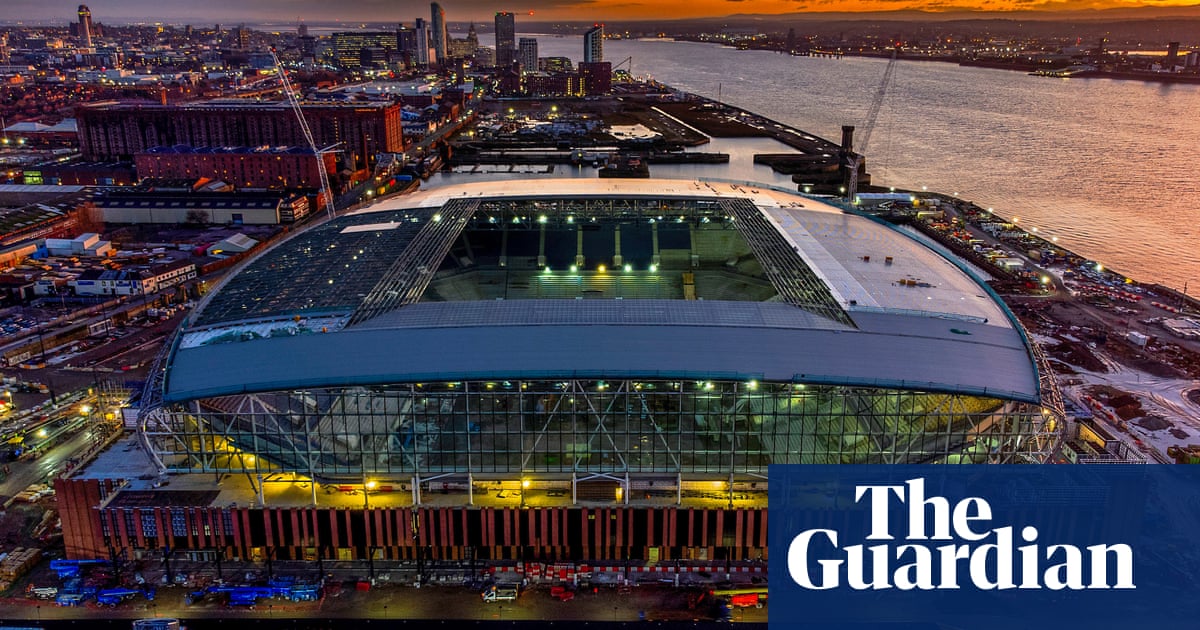
With the break down of the partnership between the Iranian-backed Houthis and the National People’s Congress of former Yemeni President Ali Abdullah Saleh, the question now arises: What will Tehran’s next move be?
It appears that it will closely monitor the situation and try hard to find the appropriate solution.
Dr. Ahmed Awadh bin Mubarak told Asharq Al-Awsat: “We have repeatedly said that a new strategy to combat Iranian expansion in the Arab region was drawn up through the partnership struck between the new American administration and Saudi Arabia.”
Sana’a has now become the first Arab capital, out of four, to be liberated from Iran, he added.
Observers believe that Iran is now facing a difficult test. The issue is not about whether to back its Houthi allies, but how it will support them. Tehran’s allowing of the militants to target Saudi Arabia with ballistic missiles came at a price.
The situation in Sana’a has now changed and the banners calling for “Death to America” are no longer hanging on streetlamps and windows.
Political researcher at the SMT Studies Center Abdullah al-Juneid said that Arab and Asian countries are now seeking to contain Iran’s hostile policies.
This is a priority for the international community and Arab Gulf, he explained.
The international community is monitoring the political developments in Sana’a and Beirut closely, he remarked.
The two capitals witnessed a political and social shift from powers that symbolize Iran’s harmful expansionist interests towards national forces that are better at representing their countries, Juneid continued.
Yemen, he remarked, enjoys a strategic importance because it overlooks important waterways and it neighbors Saudi Atabia and the Horn of Africa.
Adam Baron of the European Council on Foreign Relations described the developments in Sana’a as a major changing point.
He said that they were a culmination of a number of tensions, adding that the opportunity there should be seized by the Saudi-led coalition to restore legitimacy in Yemen.
He remarked that it was too soon to talk about the weakening of Iran’s role in the country.
The question that should be asked is what are the Houthis’ next moves? Will they continue to fight or will they withdraw? asked Baron.
The upcoming days will be decisive in determining which way the conflict will head, he stated.
The developments in Sana’a may lead to ending the conflict in Yemen and launching the political transition process, he noted.
This will be a major blow to Iranian influence in Yemen, he added.
Furthermore, he noted that the blacklisting by the United States and France of a number of Iranian organizations in Syria and Iraq as terrorist has raised the pressure on Iran, he continued. He also noted that the blacklisting of Lebanon’s “Hezbollah” was also an important political development.
Iran will face more pressure with the imminent revision of its 2015 nuclear agreement with world powers.
The revision could lead to new economic and political sanctions against Tehran, which may include the blacklisting of the Iranian Revolutionary Guards Corps, he added.
Operation Decisive Storm demonstrated that it was a political movement whose primary goal was to restore stability, not declare wars, stated Baron.
It is a political mechanism that enjoys all political instruments, including the use of force, in order to contain crises or end them to restore stability, he explained.











